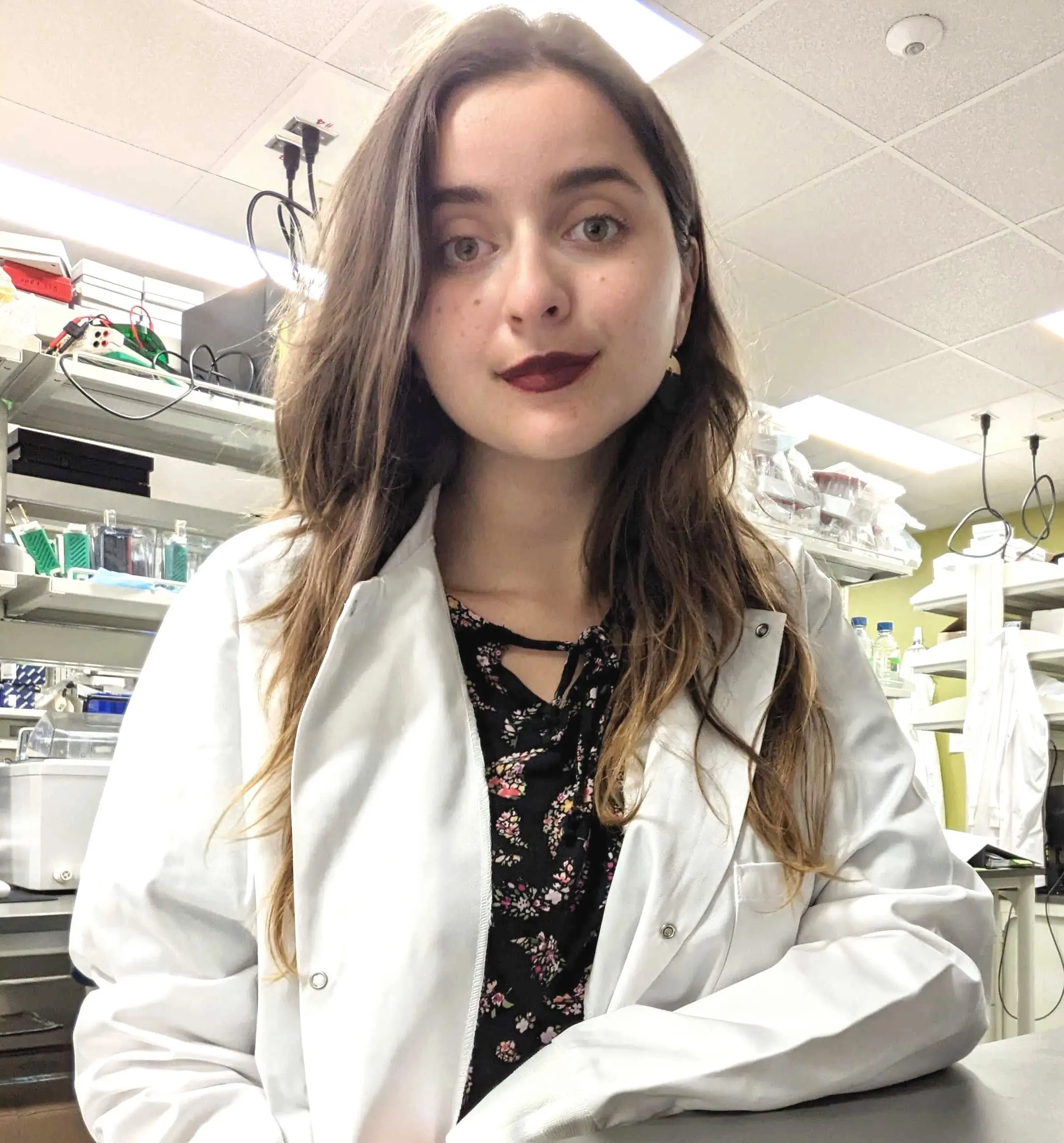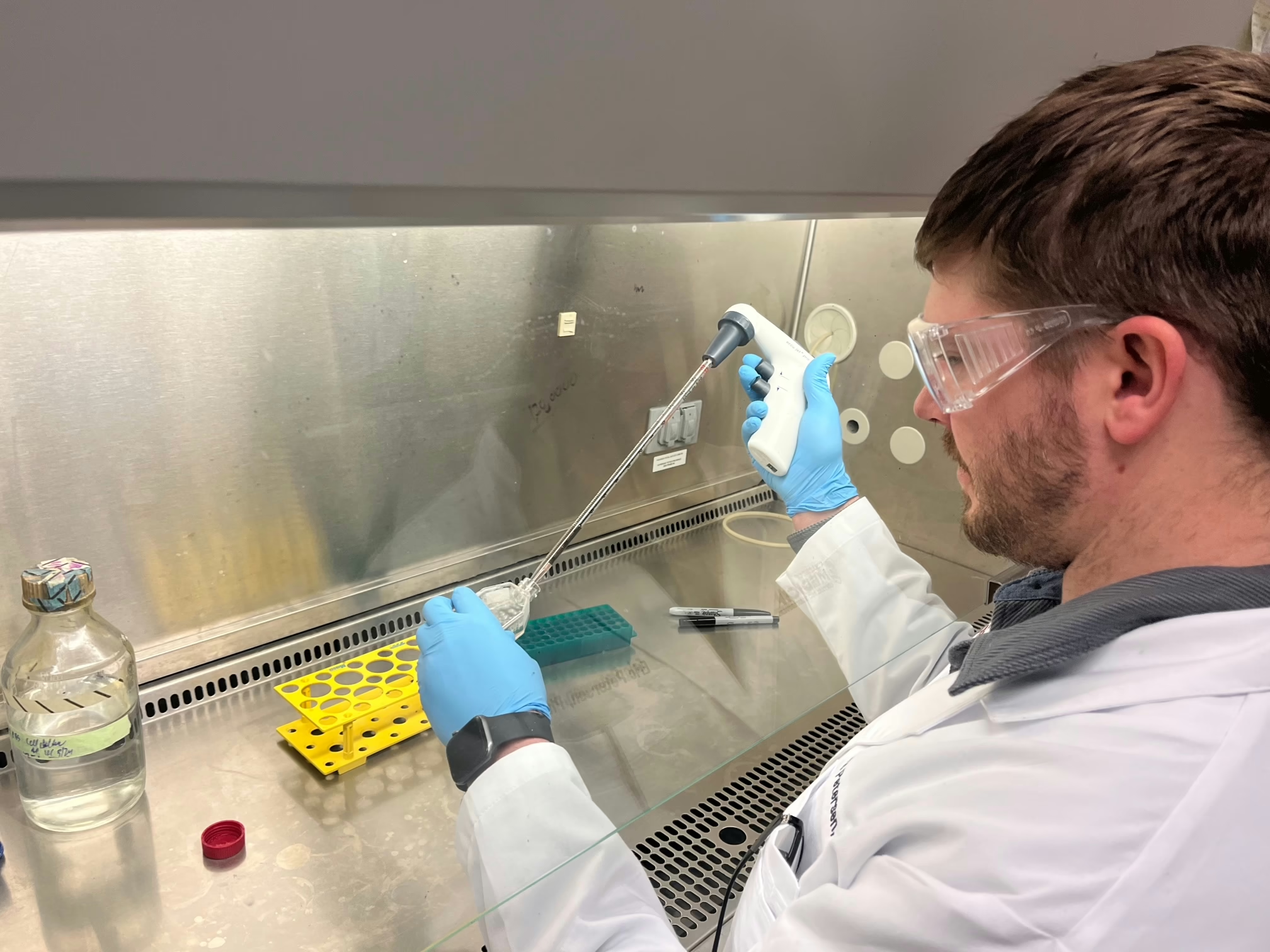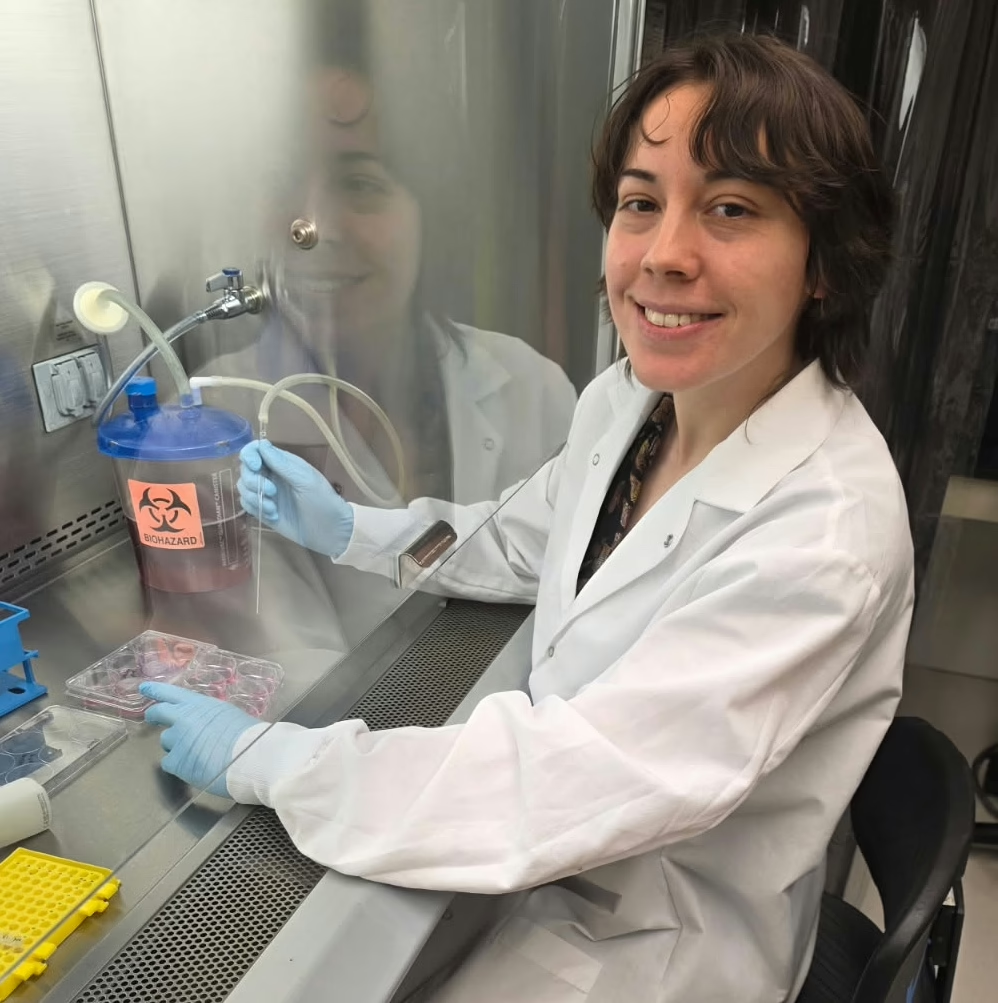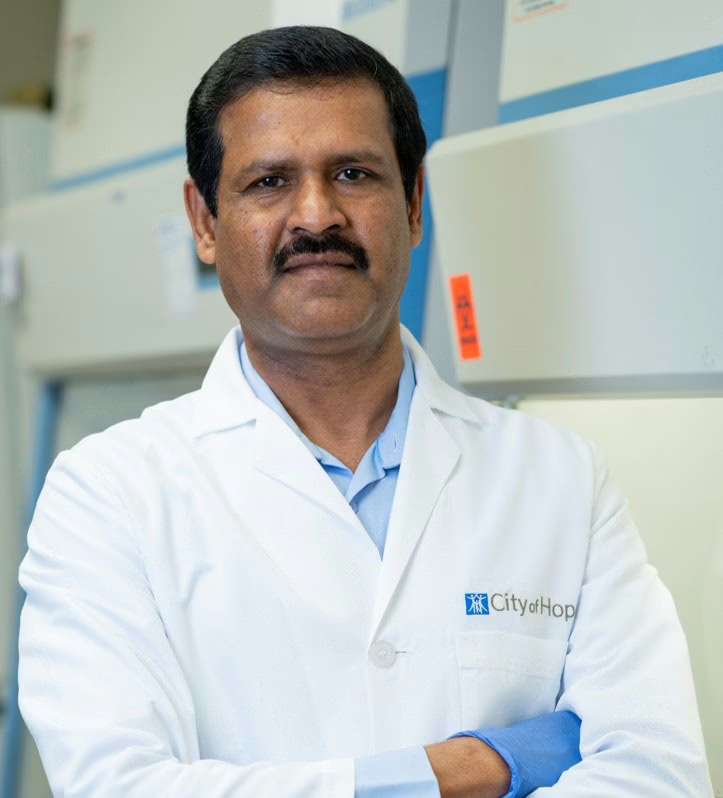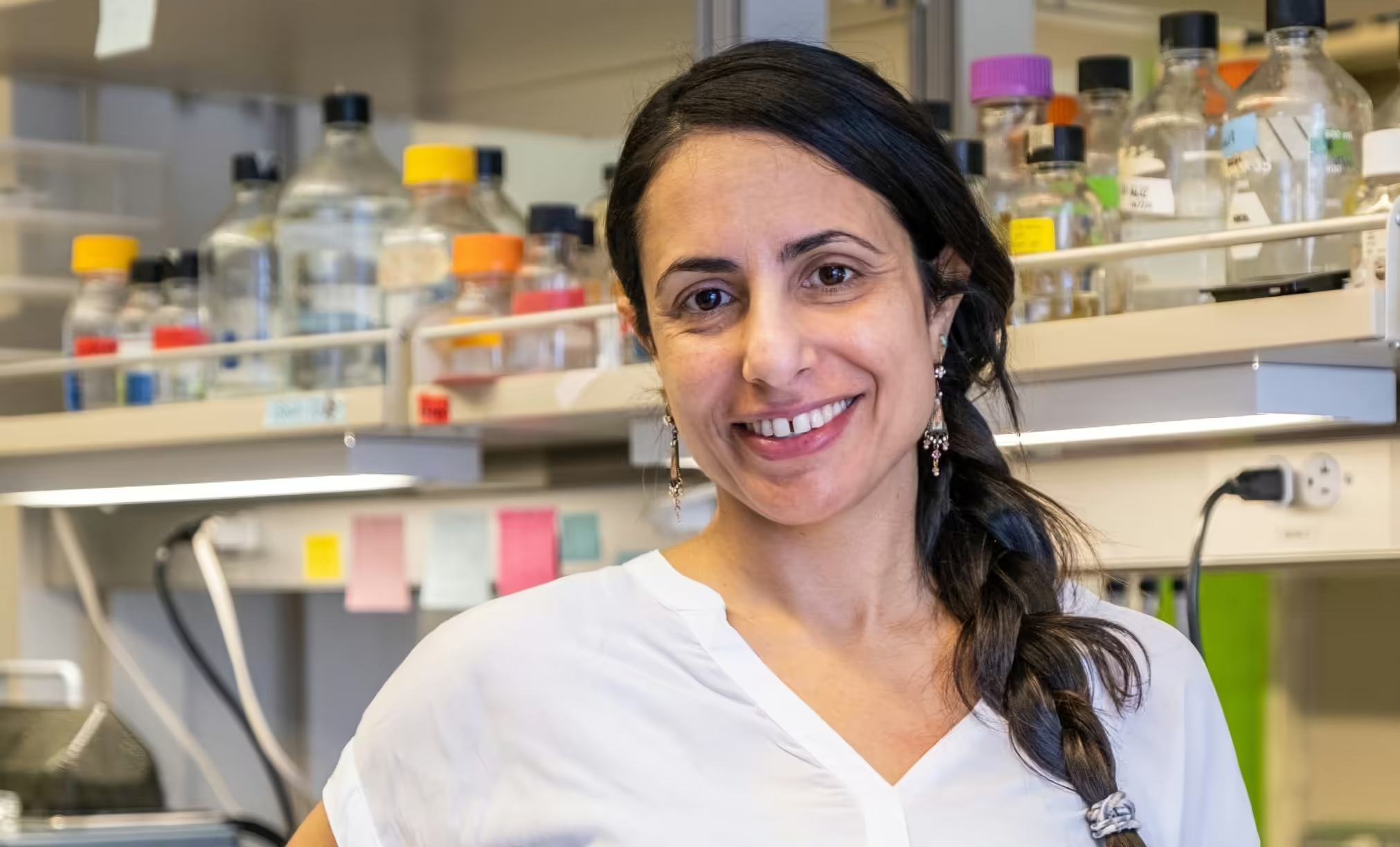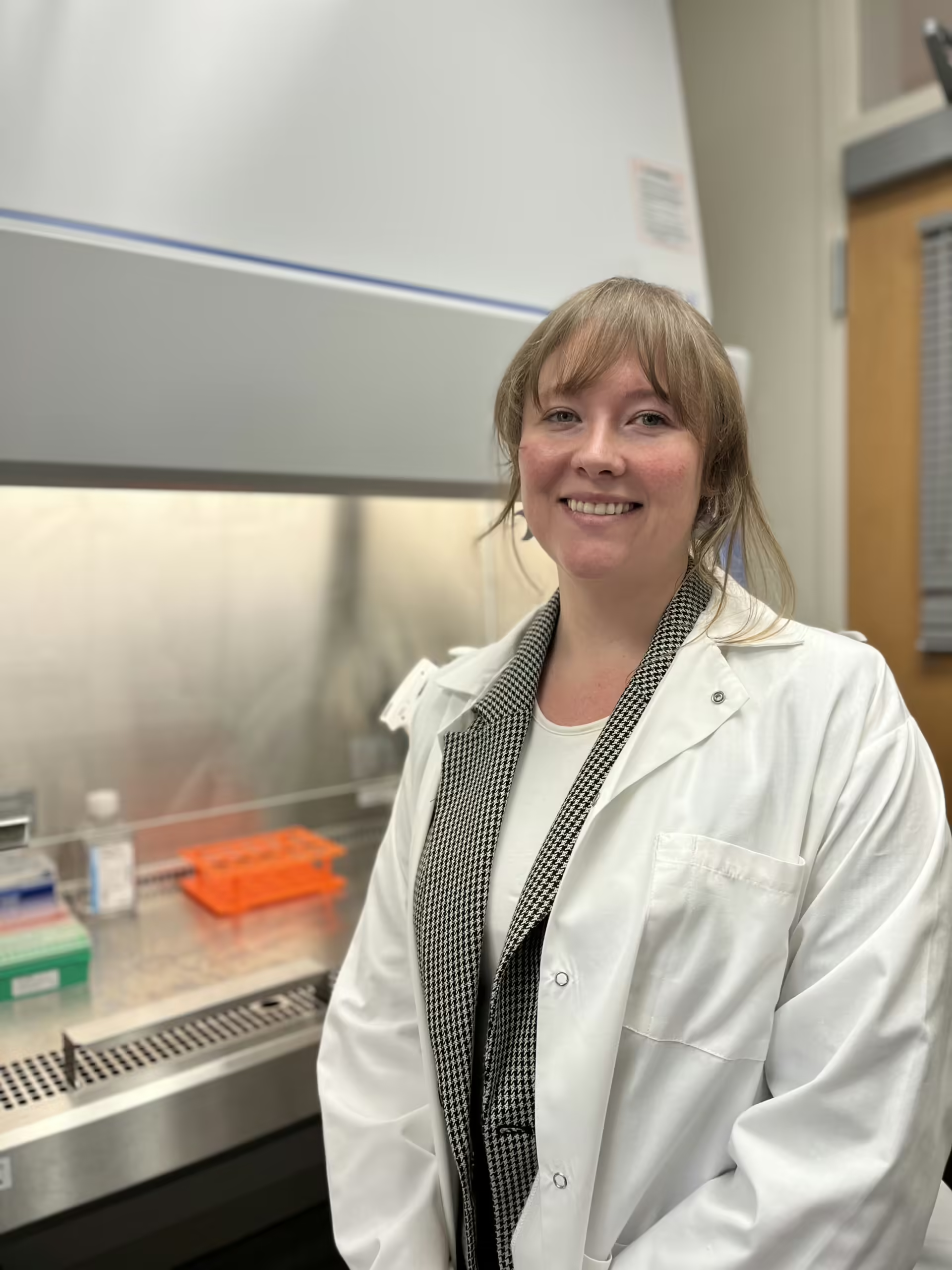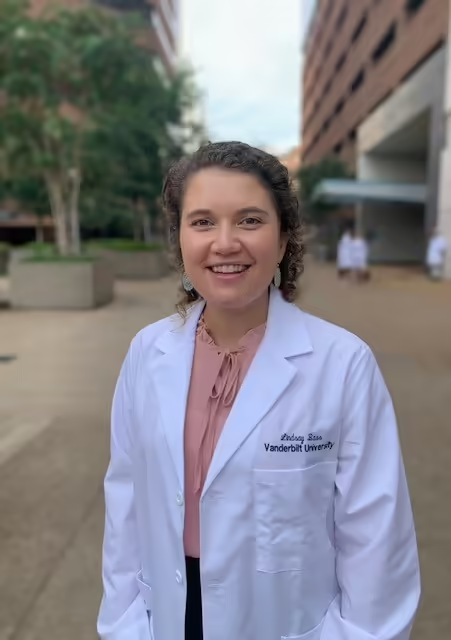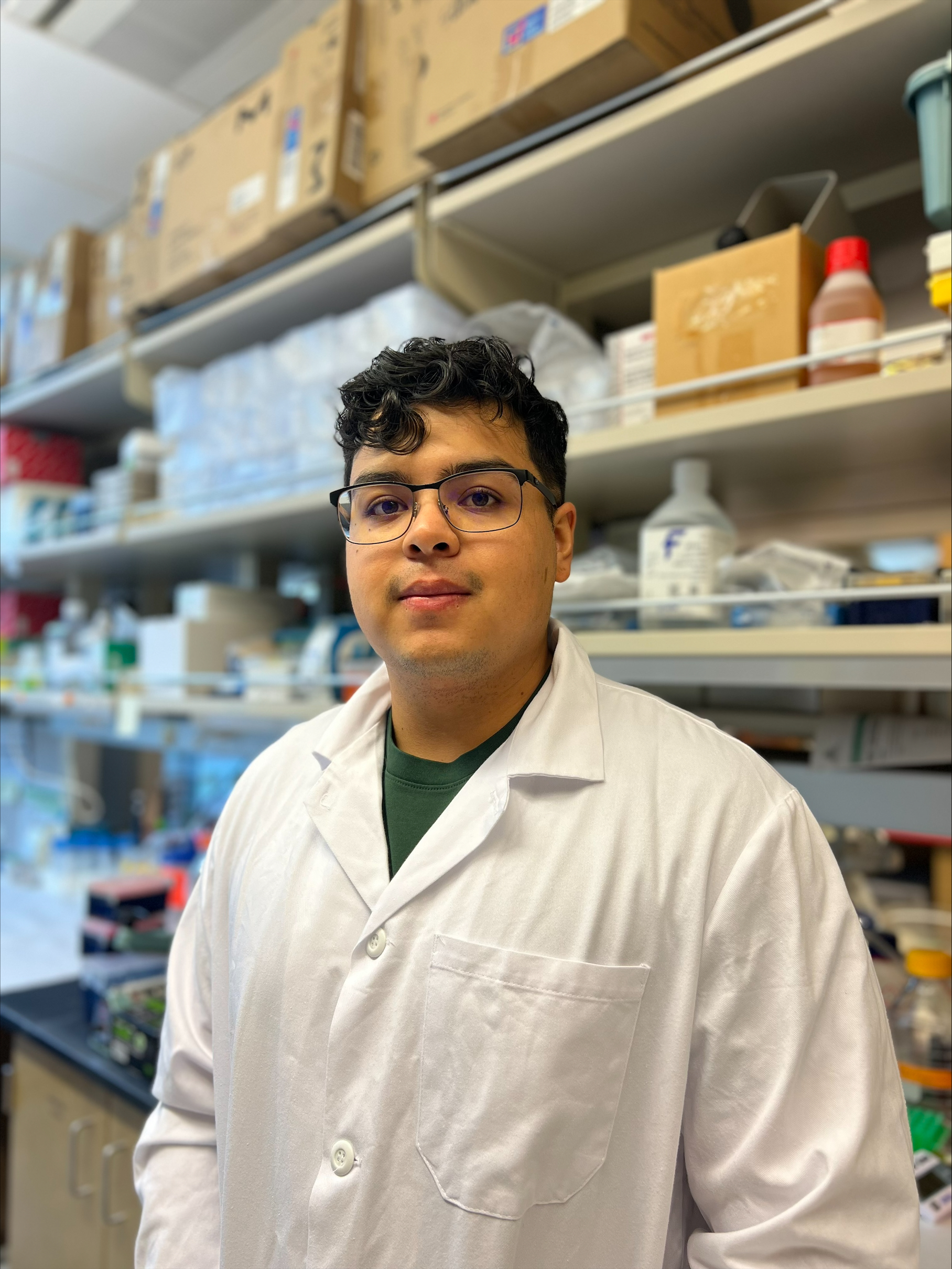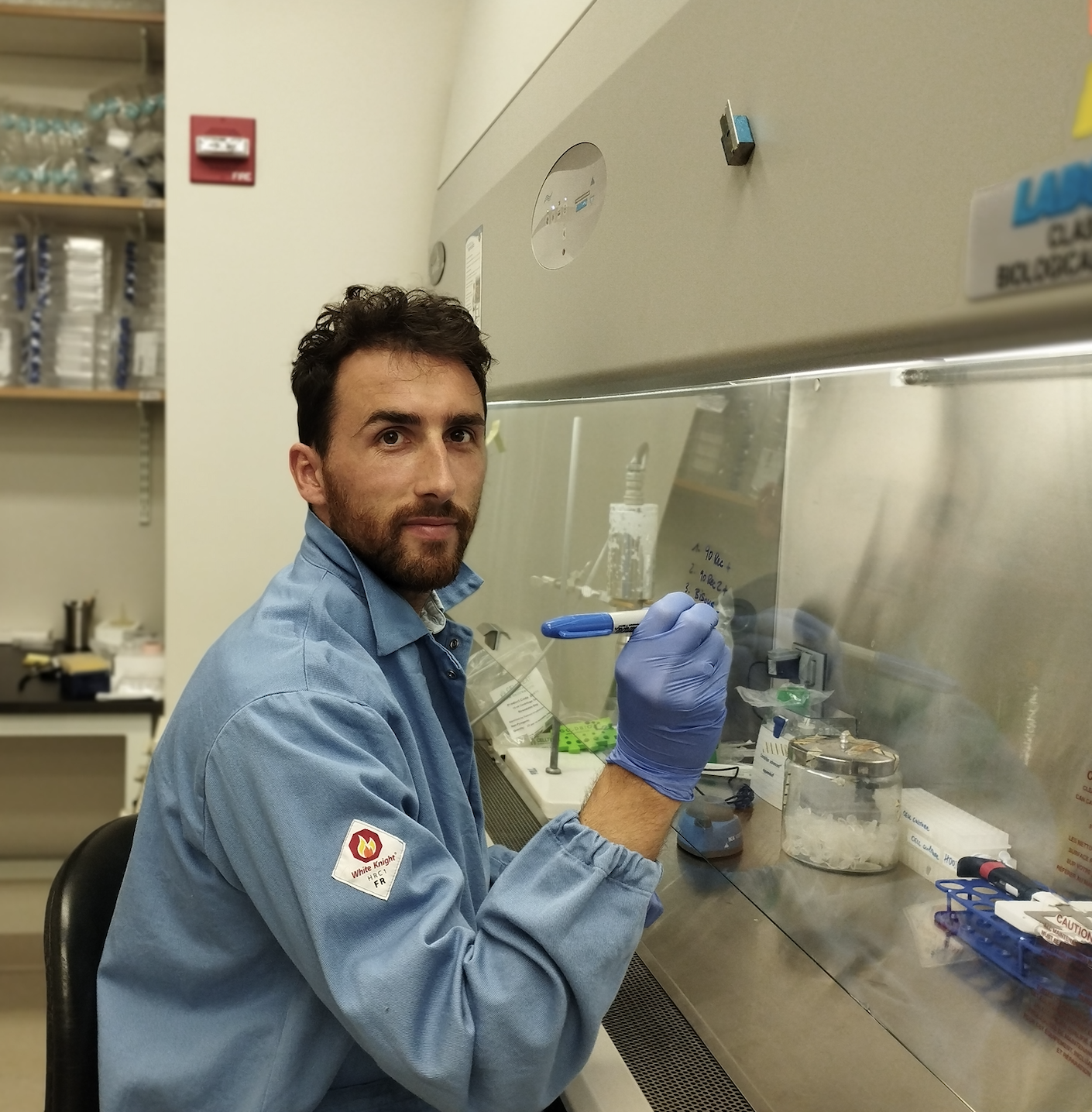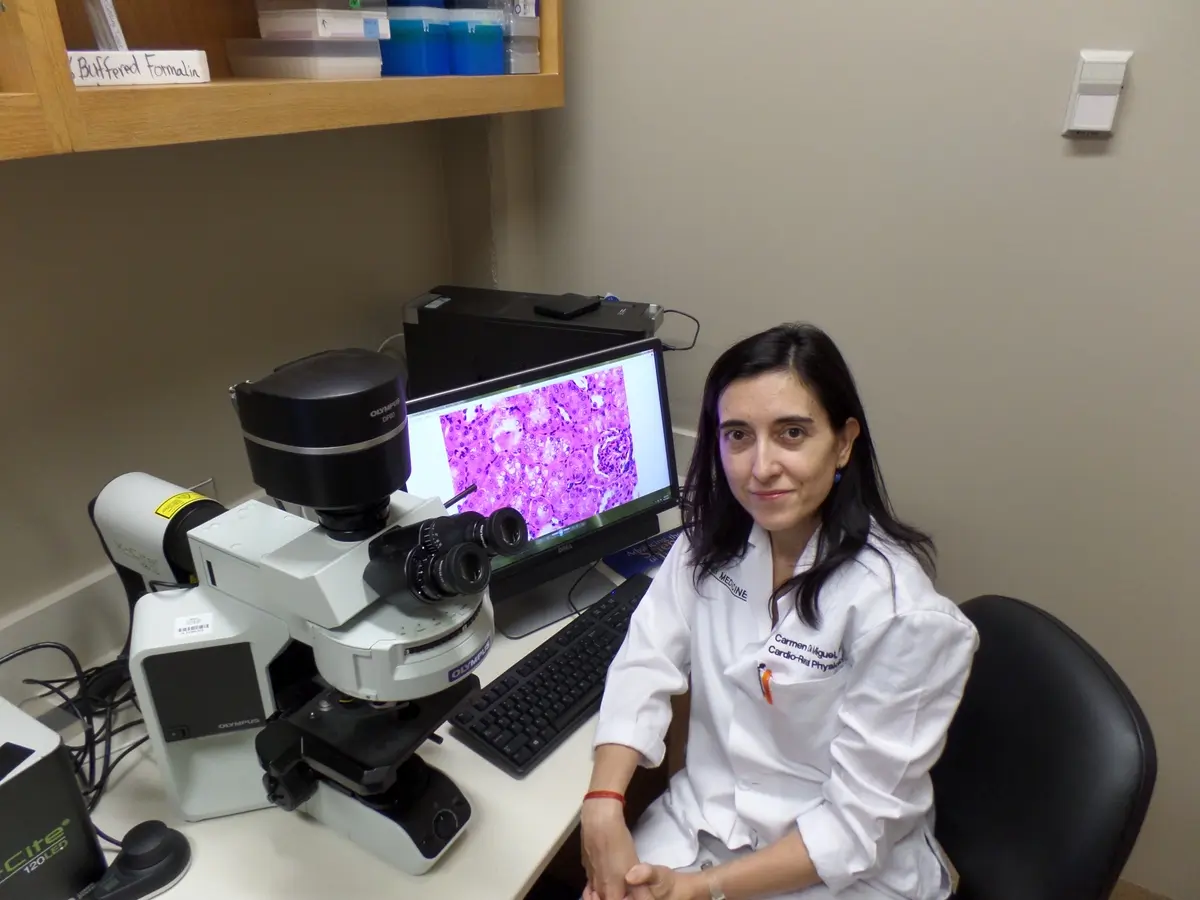Final Update
Our analysis revealed that Grp78, a key protein regulating UPR activation, was reduced in DHPSΔBETA mutant mice before diabetes onset, while mRNA levels remained unchanged. To investigate whether this reduction was due to overall lower expression or selective loss in certain beta cells, we used immunofluorescence on pancreas tissue. This showed that Grp78 colocalization with insulin-producing cells was significantly lower in the mutant mice compared to controls, indicating a loss of Grp78 in most beta cells.
After diabetes onset, we found that many insulin-negative beta cells in DHPSΔBETA mice also lacked Grp78, suggesting impaired UPR activation due to reduced Grp78 and insulin synthesis. We further studied UPR targets p-eIF2α and spliced Xbp1, which showed abnormal activation in both insulin-positive and insulin-negative cells in mutants, indicating chronic UPR activation. Additionally, increased Atf4 expression in mutant beta cells supported the hypothesis that reduced Grp78 lowered the threshold for UPR activation, leading to chronic stress.
To explore the functional impact of these changes, we treated mutant islets with ISRIB, which blocks eIF2α phosphorylation and restores protein synthesis. This treatment restored key beta cell proteins such as Insulin, Glut2, and Pdx1, improving cell identity. Moreover, ISRIB also reduced cytokine-induced cell death in an in vitro diabetes model.
In conclusion, the absence of eIF5A impairs on-demand protein synthesis in beta cells, resulting in improper UPR activation and diabetes development. Pharmacological restoration of translation through ISRIB successfully reversed these defects, highlighting the critical role of eIF5A in beta cell function and maturation.
6-Month Project Update
The absence of active eIF5A in our DhpsΔBETA mice results in altered “on demand” protein synthesis. The subsequent cellular effects due to the loss of specific beta cell proteins causes a rapid onset of diabetes. Thus, we have discovered that essential beta cell identity and functional markers, including insulin and Glut2, are Catharina Villaca, MS Laboratory of Dr. Teresa Mastracci, PhD translationally regulated by eIF5AHYP. In addition to the regulation of insulin synthesis, we have identified that the UPR pathway gatekeeper Grp78 is translationally regulated by eIF5AHYP. We confirmed this loss of Grp78 at 4 and 5 weeks of age in the DhpsΔBETA mice. Taken together, our data suggests that impaired translation during beta cell functional maturation results in the loss of differentiation and UPR activation, which subsequently blocks the beta cell’s ability to respond to metabolic cues by increasing protein synthesis. We will continue to determine the specific cellular changes resulting from this loss of on demand protein synthesis and evaluate if stimulating mRNA translation can restore proper beta cell function.
Project Description
Type 1 diabetes (T1D) is defined by the loss of insulin-producing beta cells in the pancreas. Although insulin treatment is effective, it does not address the cause of the disease; therefore, in recent years, research efforts have focused on replacing the lost cells and preserving the function of those that still exist in patients with T1D. Understanding how a beta cell maintains adequate protein production is necessary for preserving beta cell identity and the beta cell’s unique capacity to produce insulin on demand.
Beta cells are highly specialized cells that can quickly produce a large amount of insulin. To do this, beta cells rely on a specific structure within the cell, the endoplasmic reticulum, which can adapt in response to changes in metabolism to increase or decrease the production of specific proteins. In general, protein synthesis requires that a cell “translates” the RNA sequence into a protein sequence, and this process uses specialized factors that guide the translation. One such factor is eukaryotic initiation factor 5A (eIF5A). Interestingly, altered EIF5A has been implicated by genetic studies to be associated with higher vulnerability to T1D.
Our lab has discovered that the active form of eIF5A is needed by the beta cell to synthesize proteins, including insulin, on demand. Using mouse models, our work shows that losing active eIF5A in beta cells leads to the development of diabetes by 6 weeks-of-age in a mouse. We also found that before the onset of diabetes, the beta cells lost their insulin-producing identity because of a significant reduction in the synthesis of proteins needed for endoplasmic reticulum function and insulin secretion. Thus, we hypothesize that loss of active eIF5A reduces the synthesis of proteins critical for beta cell maturation, and overcoming this block in translation will re-establish beta cell growth and function.
In our continued studies, we will determine why the endoplasmic reticulum and secretion functions are lost in the beta cells when active eIF5A is absent. We will also use drugs to test if reversing dysfunctional protein synthesis in the beta cell will prevent or delay diabetes onset in the setting of T1D. The findings from our studies can be exploited to improve in vitro differentiation protocols for the production of beta cells from pluripotent stem cells and to develop pharmacological treatments that improve or maintain the function of the residual beta cell population.
I started my training in T1D research by evaluating the role of physical exercise in the regeneration of beta cell mass in a T1D. I was subsequently recruited by Dr. Teresa Mastracci into a competitive graduate program at Indiana University to work on studies related to the restoration of beta cell growth and function. Dr. Mastracci is strongly committed to my career development and the project I submitted to the DRC. I am confident that my Ph.D. studies will expand my expertise and refine my research interests, ultimately leading me to a long career where I hope to contribute to our understanding of T1D and how it can be prevented or cured.

